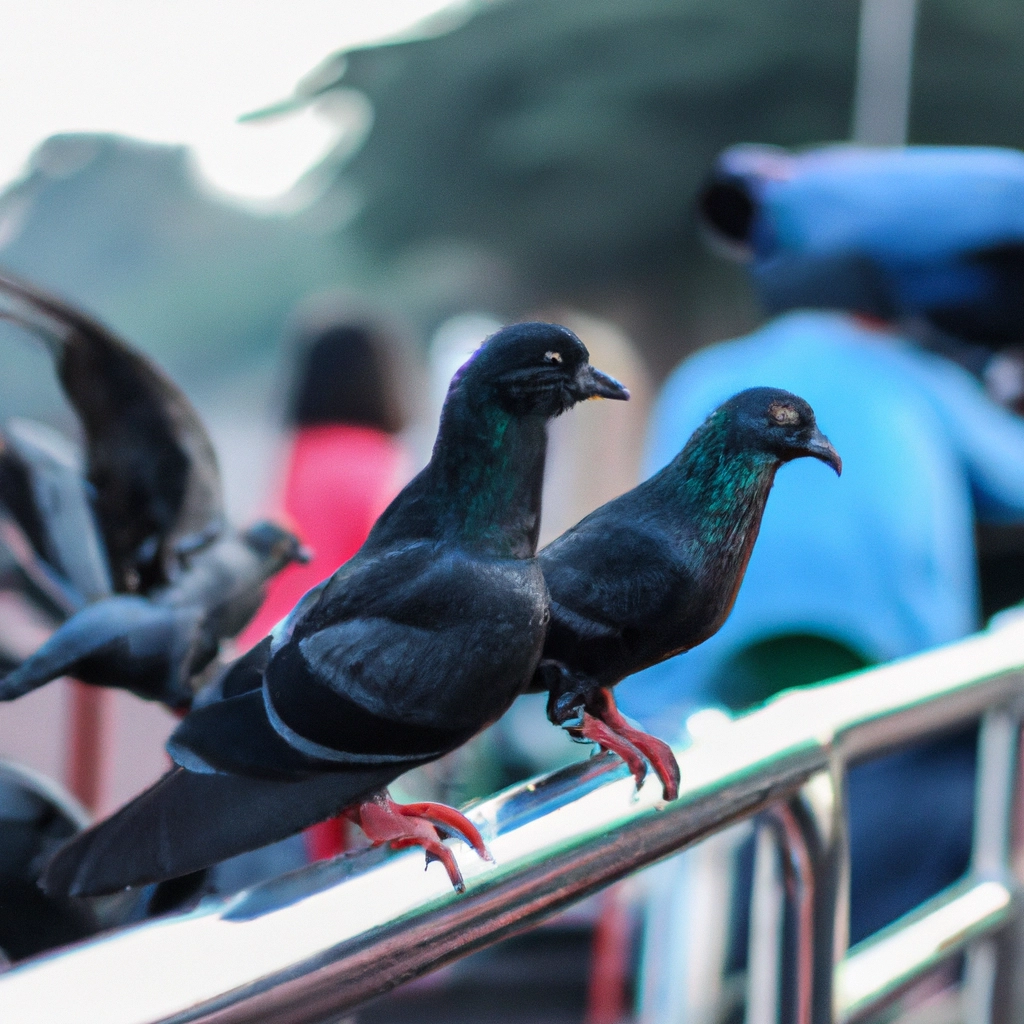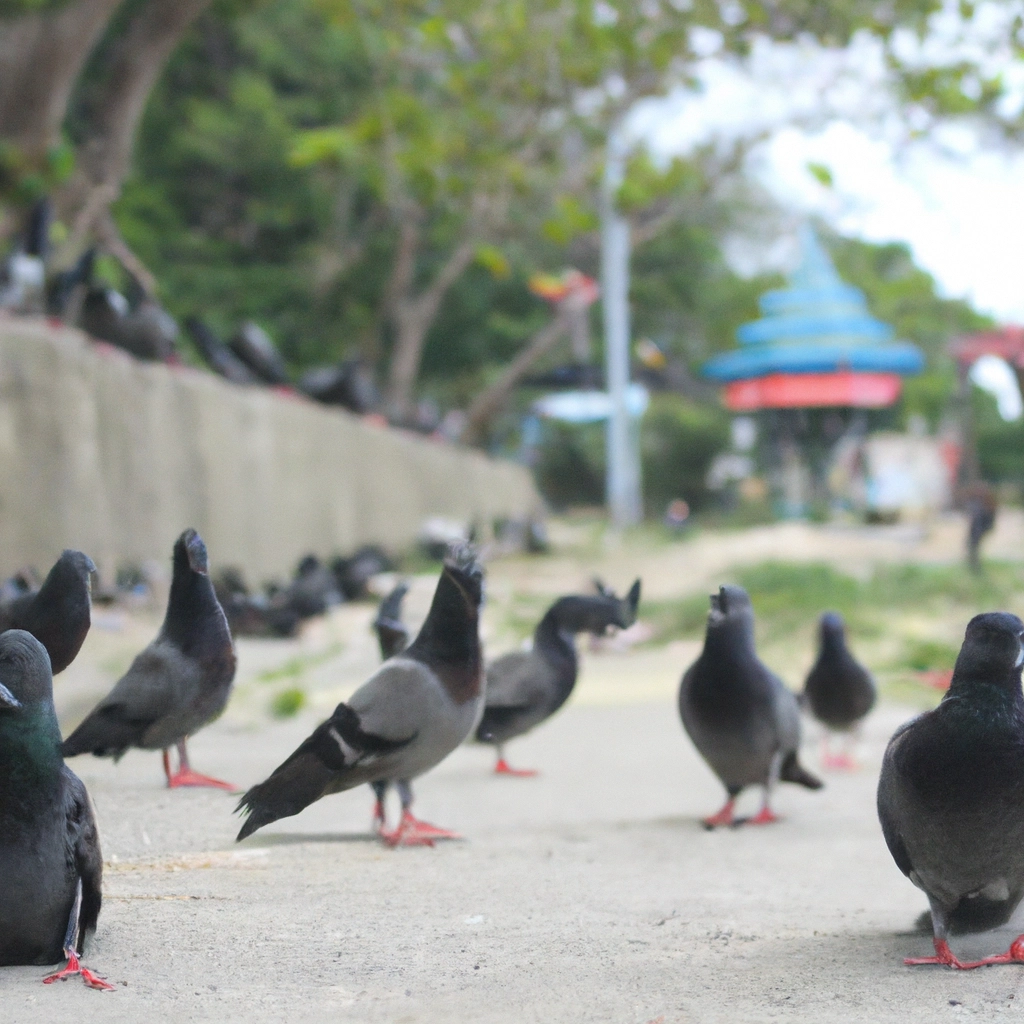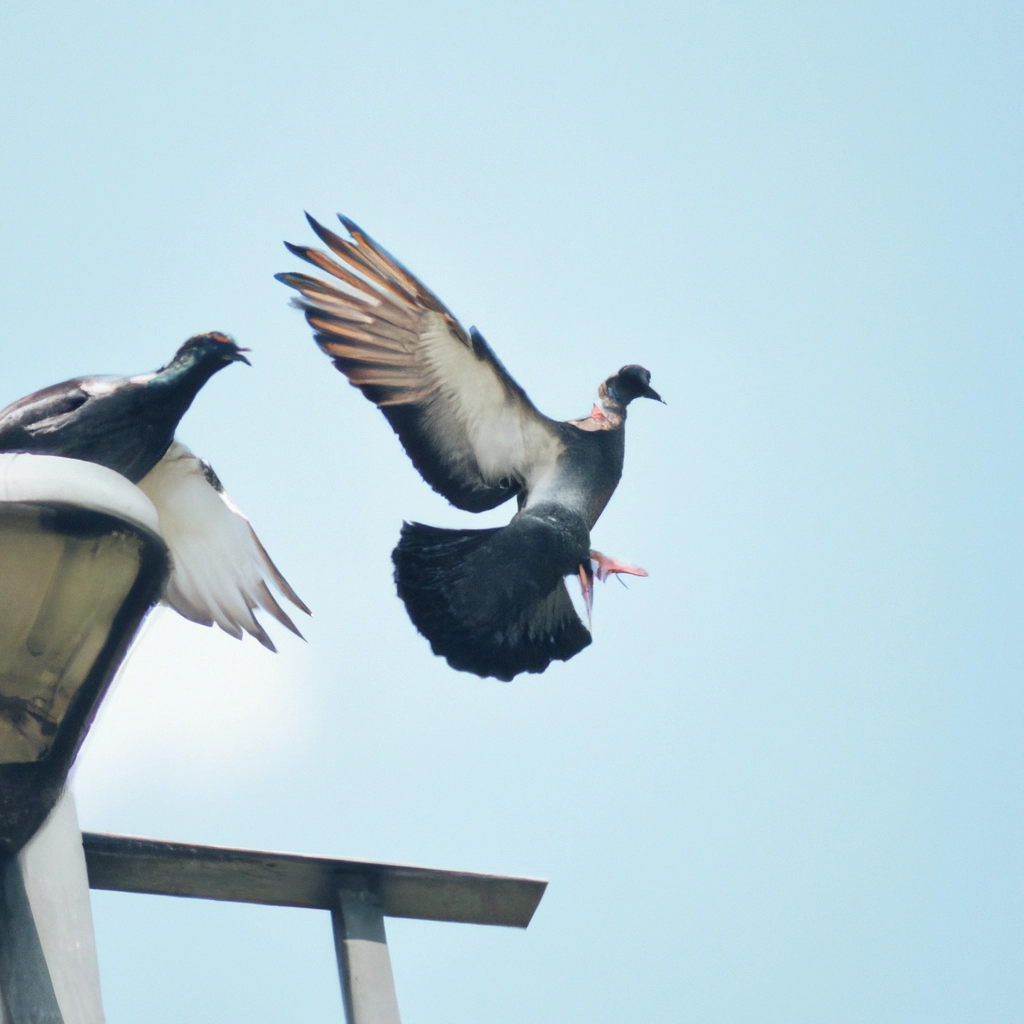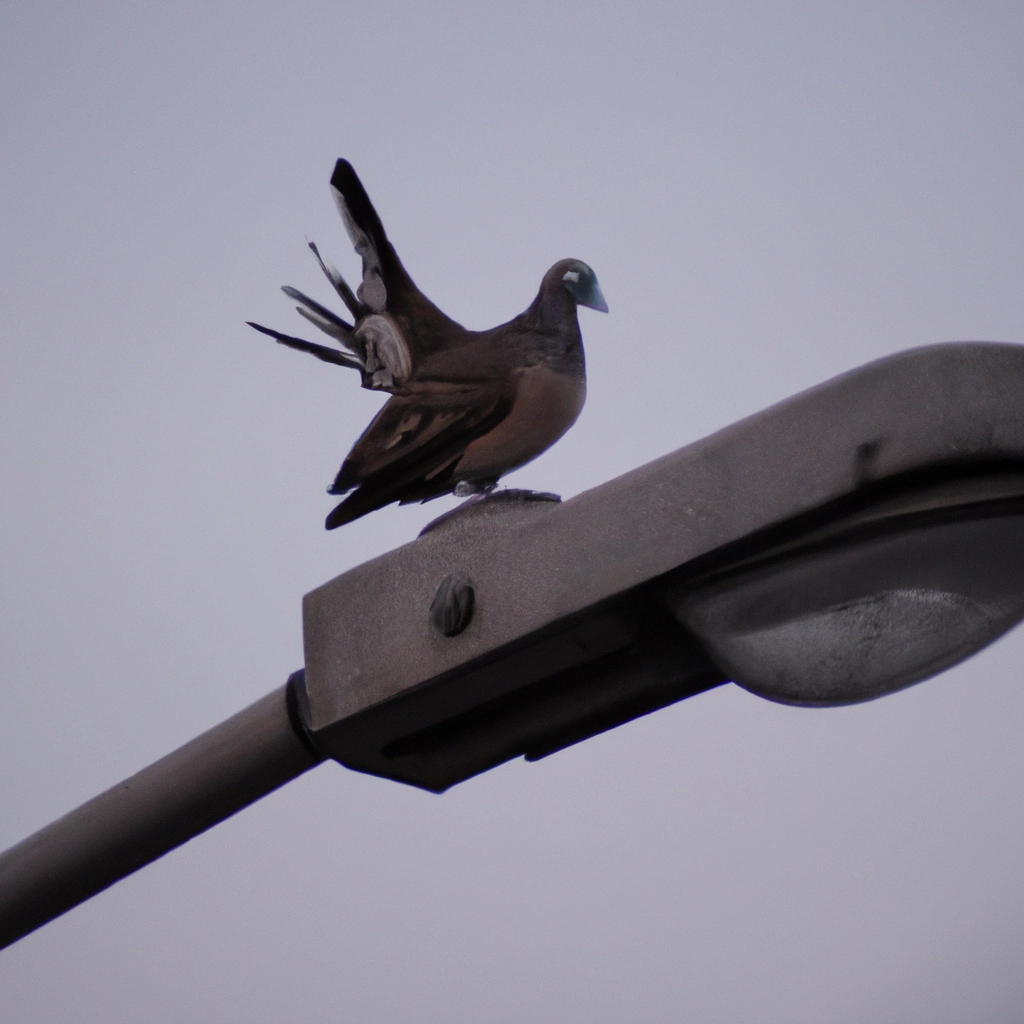Introduction
Birdwatching has always been a passion of mine. There’s an inexplicable joy in observing these feathered creatures go about their lives. But it’s not all song and dance in the avian world; stress is as much a reality for birds as it is for us. This connection has led me to explore how our winged friends deal with uneasy situations.
Understanding bird conduct under duress is not just fascinating; it’s critical. Whether it’s for conservation efforts or expanding our knowledge on animal patterns, knowing how birds cope with pressure can tell us a lot about maintaining ecosystem balance.
So let’s embark on a journey to discover the cues of distressed birds and how they manage their worries, and what we can do to minimize our impact on their delicate lives.
Signs of Stress in Birds
Have you ever noticed a bird incessantly preening or ruffling its feathers? It could be more than just vanity. These are classic physical signs of stress in birds that are easy to spot. Sometimes, even their stance might indicate that something’s off—like a crouched posture or drooping wings.
On the behavioral side, it’s like observing a drastic personality change. A typically sociable bird might suddenly turn into a feisty aggressor, or go from chirpy to unusually quiet. It’s their way of saying they’re not feeling top-notch.
Just the other day, I noticed a robin in my backyard acting quite peculiarly, more aggressive than usual—clearly, something was amiss. It was a firsthand reminder that birds, like us, have their bad days too.
Coping Mechanisms of Birds Under Stress
When birds feel threatened, they often seek sanctuary. Just like we might retreat to the comfort of our homes, birds look for shelter—or sometimes, the safety of the flock. There’s strength in numbers, after all.
Intriguingly, during a visit to a local wetland, I observed first-hand how a group of ducks altered their social conduct when a hawk loomed overhead. They banded together, strength and safety manifesting in unity.
This flock behavior is hard-wired into their survival instincts, and witnessing these tactics in real-time was a testament to the resilience and adaptability of these creatures.
Impact of Environmental Factors on Bird Stress
We’re not just onlookers in the lives of birds; our presence inevitably alters their existence. Human disturbance, be it noise, physical presence, or environmental changes, can significantly ratchet up the stress levels in birds.
Habitat loss is another mammoth issue. As forests shrink and wetlands dry up, the sanctuaries that birds flee to become fewer and harder to find. I once watched helplessly as a family of sparrows struggled to adapt after their hedgerow home was cleared away.
This harsh reality opened my eyes to how vital a stable environment is for these creatures, and how their behavior is a barometer of the health of their habitat.
Conservation and Management Implications
It’s all well and good to observe and note these behaviors, but the real question is, ‘What now?’ Understanding the stress triggers and responses of birds is pivotal for conservation efforts. We must translate this learning into action.
Minimizing our impact can be as simple as respecting nesting sites or as complex as changing farming practices to maintain bird habitats. Every bit counts!
Through my birdwatching adventures, I have developed a responsibility towards advocating for bird-friendly habits in my circle. It’s become a personal quest to support avian wellbeing, and each of us can contribute in our own ways.
Conclusion
From restless preening to quiet desperation, the signs of a stressed bird are as telling as they are varied. The journey to understanding these indicators is not just a matter of curiosity but of urgency for the conservation of these delicate creatures.
We all have a part to play in this. Observing and respecting bird behavior isn’t just for the avid birdwatcher; it’s a call to action for anyone who shares this planet with the avian kind.
As for me, delving into the world of birds under stress has only deepened my respect and commitment to creating a safe haven for them. It’s our shared duty to foster an environment where birds can thrive stress-free.
Frequently Asked Question
-
What are some common signs of stress in birds?
Common signs of stress in birds include feather plucking, loss of appetite, anxious behavior such as pacing or restlessness, excessive vocalization, and aggressive behavior towards other birds or humans. Additionally, changes in the bird’s droppings, such as increased frequency or unusual colors, can also be an indicator of stress. It is important to monitor your bird’s behavior and physical condition closely, and seek advice from a veterinarian if you suspect your bird is experiencing stress. Creating a peaceful and enriching environment, providing proper nutrition, and ensuring regular social interaction and mental stimulation can all help alleviate stress in birds.



